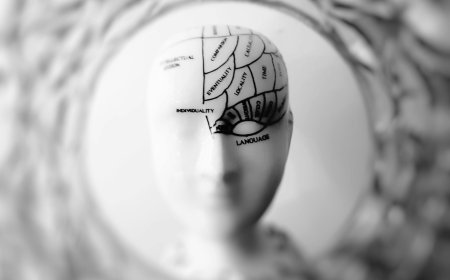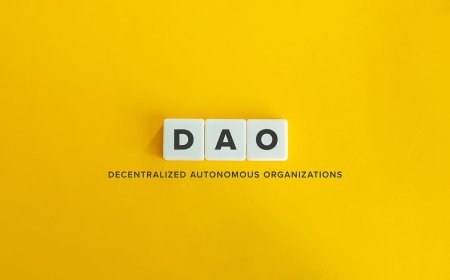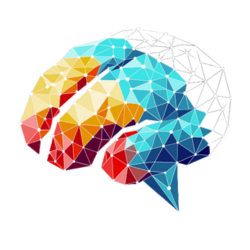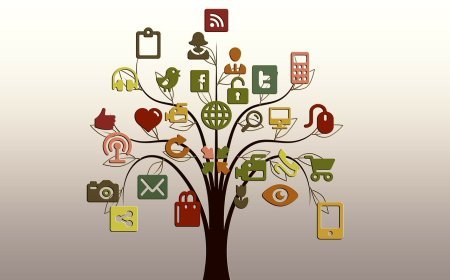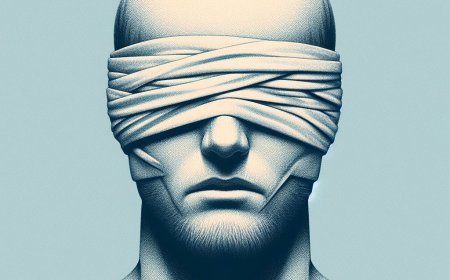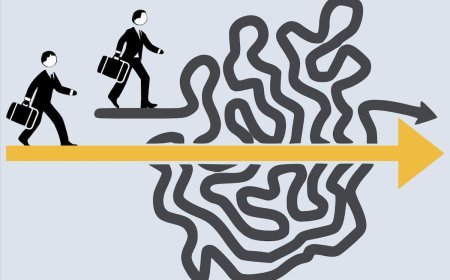Why We Choose, What We Choose?
The Psychology of Decision-Making: Every day, from the trivial to the profound, we are faced with a myriad of decisions.

What to eat for breakfast? Which career path to pursue? Whether to invest in a particular stock? The process of decision-making, though seemingly straightforward, is a complex interplay of cognitive biases, emotions, heuristics, and environmental factors that psychologists have long sought to unravel.
Classical economic theory often posits that humans are rational actors, making decisions to maximize their utility. However, the field of behavioral economics, drawing heavily from psychology, has demonstrated that our choices are frequently influenced by irrational tendencies. One prominent example is cognitive biases, systematic errors in thinking that affect our judgments. For instance, the anchoring bias causes us to rely too heavily on the first piece of information offered (the "anchor") when making decisions. The confirmation bias leads us to seek out and interpret information in a way that confirms our existing beliefs, even if contradictory evidence exists.
Heuristics, or mental shortcuts, are another significant factor. While often efficient, allowing us to make quick decisions without extensive analysis, they can also lead to predictable errors. The availability heuristic, for example, causes us to overestimate the likelihood of events that are easily recalled from memory, even if they are statistically rare. Similarly, the representativeness heuristic leads us to make judgments based on how well something matches a prototype, ignoring base rates.
Beyond cognitive factors, emotions play a critical role. Fear can lead to risk aversion, while excitement can lead to impulsive choices. The sunk cost fallacy, where we continue an endeavor because of invested resources, even when it's clearly a losing proposition, highlights how our emotional attachment to past investments can override rational decision-making.
Furthermore, the context in which a decision is presented – known as framing – can significantly alter our choices. Presenting an outcome as a "gain" versus a "loss" can drastically change how people respond, even if the objective outcome is the same. Understanding these psychological principles of decision-making is not merely academic; it has profound implications for marketing, public policy, personal finance, and even legal proceedings. By recognizing our inherent biases and the influences on our choices, we can strive to make more informed, rational, and ultimately, better decisions in our lives.
What's Your Reaction?
 Like
0
Like
0
 Dislike
0
Dislike
0
 Love
0
Love
0
 Funny
0
Funny
0
 Angry
0
Angry
0
 Sad
0
Sad
0
 Wow
0
Wow
0




